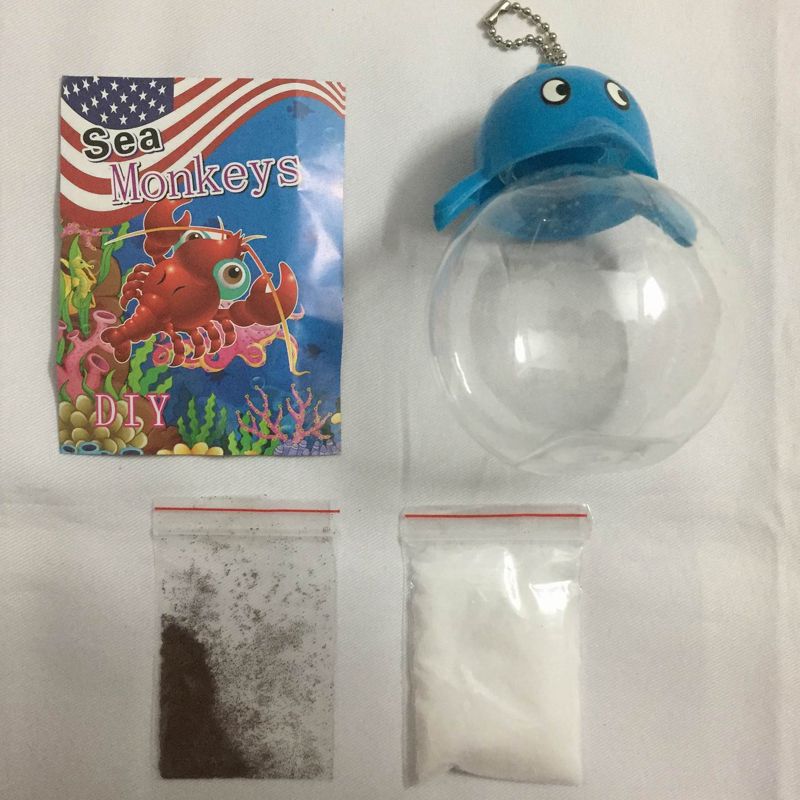
The research is part of a global project called Bat OneHealth, which aims to monitor and study bat-borne viruses. They are also testing for antibiotic-resistant bacteria in the droppings. The scientists are testing bat droppings for different pathogens, including paramyxoviruses and coronaviruses, in an attempt to understand how bats carry viruses without getting sick themselves. Bats are known carriers of several viruses and are increasingly coming into contact with humans as their habitats are encroached upon.

Scientists from the University of Ghana's veterinary school are studying bats in an effort to predict and prevent future pandemics. Other countries that have banned animal testing include Israel, Australia, and South Korea. The European Union has banned animal testing for cosmetics since 2009, and a few years later it made the sale of products that use animal testing illegal. Canada will become the 44th country to ban cosmetic testing on animals when the legislation comes into effect later this year. The law also makes it illegal for companies to falsely claim that products are cruelty-free.

Companies have already moved away from tests involving animals and are using non-animal tests including reconstructed human skin, computer-based models, and corneas from slaughtered cattle.

The main concern for animal rights activists is the testing of preservatives and other chemicals used in products. However, the law does not apply retroactively and does not ban products that have been tested on animals in the past. When Canada's ban on cosmetic testing on animals comes into force in December, the sale of products that rely on new animal testing data will be prohibited.


 0 kommentar(er)
0 kommentar(er)
